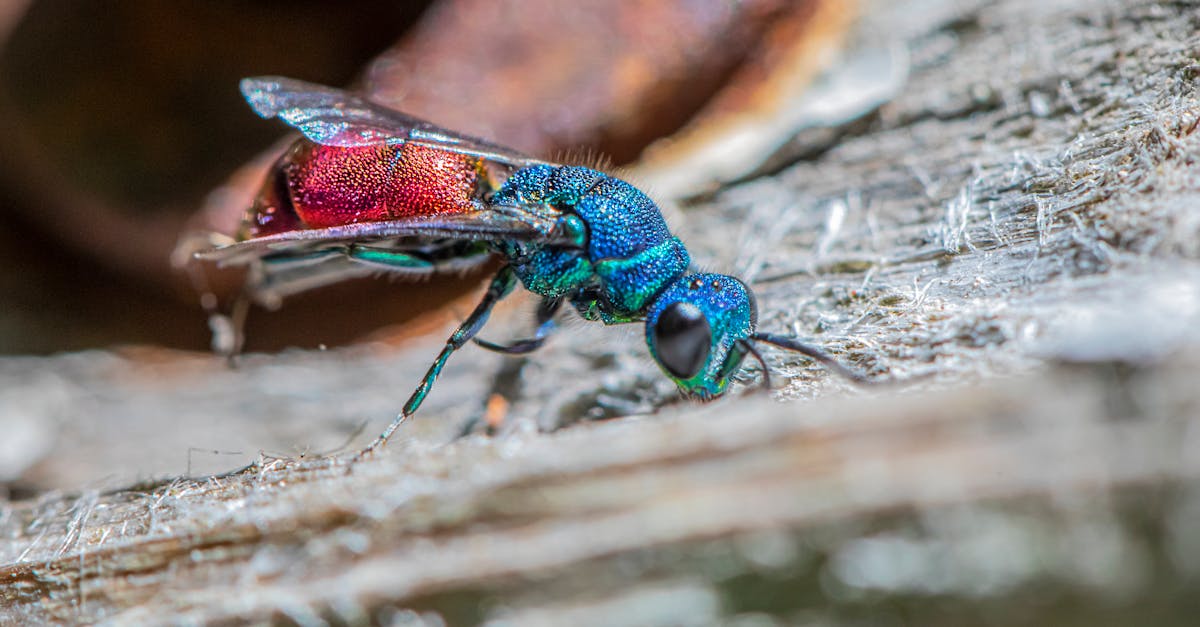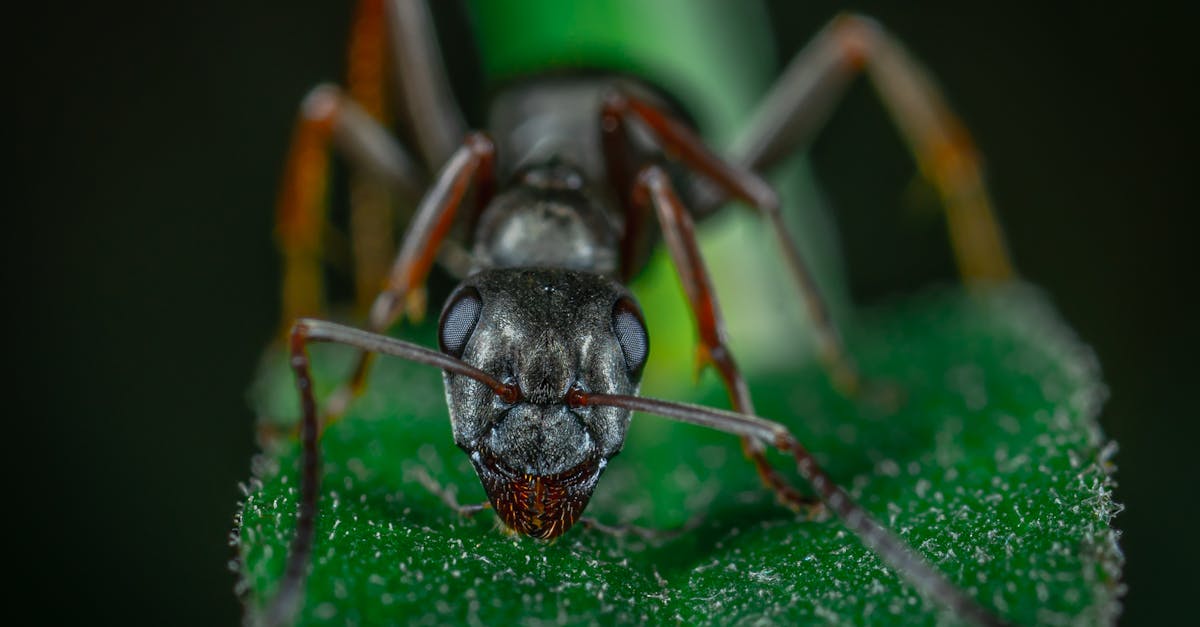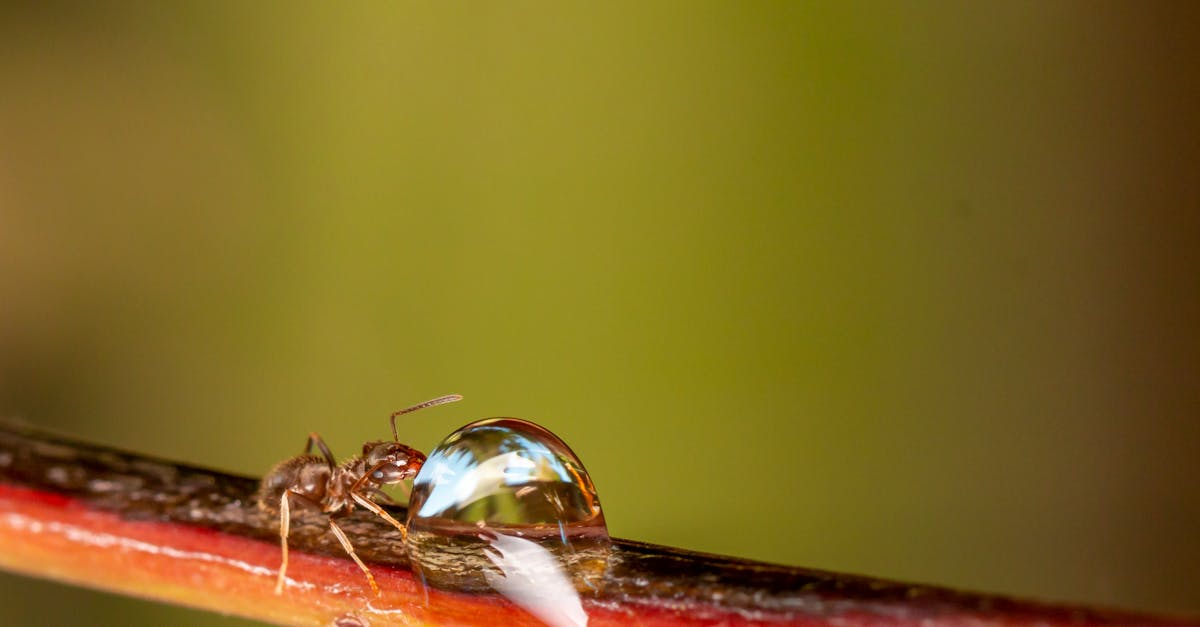Why Ants? The Unexpected Joy of Tiny Companions 🐜
When people think of pets, dogs, cats, and even fish come to mind. But have you ever considered ants? Picture this: a bustling colony of ants, each with a role, working in harmony to build their tiny empire. It dawned on me that these little creatures offer more than meets the eye. The reality is, keeping ants as pets can be an incredibly rewarding and fascinating experience. It’s interesting how a small ant farm can provide endless hours of observation and learning.
Interestingly enough, ants have complex social structures and behaviours that are nothing short of mesmerizing. From my point of view, they are the perfect pets for anyone curious about nature and science. The thing is, ants are low maintenance, cost-effective, and provide a unique glimpse into the natural world. I’ve been meaning to share my journey into the world of ant-keeping, and I can’t help but think it might just inspire you to embark on your own ant-venture.
The Fascinating World of Ants: A Closer Look 🧐
The Ant Colony: A Society Like No Other
Here’s a quick story: I was struck by how organized an ant colony is. Each ant has a specific role, from workers and soldiers to the queen. It’s common knowledge that ants are hardworking, but witnessing their dedication firsthand is something else entirely. Studies show that ants communicate through pheromones, creating a sophisticated network that allows them to work together seamlessly.
Roles within an Ant Colony:
- Queen: The heart of the colony, responsible for laying eggs.
- Workers: The backbone, taking care of the queen, the young, foraging for food, and maintaining the nest.
- Soldiers: Defenders of the colony, protecting it from threats.
That’s when I realized the complexity of their society and how much we can learn from them. It’s no surprise that ants have been the subject of countless scientific studies. They are, after all, one of the most successful species on the planet.
Setting Up Your Ant Farm: The Basics
So, you’re intrigued and ready to dive into the world of ant-keeping. Here’s a story from my own life: I started with a simple ant farm kit, and it was one of the best decisions I’ve made. The truth is, setting up an ant farm is easier than you might think.
What You’ll Need:
- Ant Farm Kit: These usually come with a transparent container, a substrate like sand or gel, and tunnels for the ants to explore.
- Ants: You can either catch your own or order a queen and her workers from a reputable supplier.
- Food and Water: Ants need a balanced diet, including sugar (honey, sugar water) and protein (insects, egg yolk).
- A Safe Location: Place your ant farm in a stable, low-traffic area away from direct sunlight.
I’ve found that watching the ants create their tunnels and interact with each other is incredibly soothing. It goes to show that even the smallest creatures can bring immense joy.
Caring for Your Ants: Tips and Tricks
Personally, I’ve found that caring for ants is quite straightforward. The thing is, they don’t require daily walks or grooming sessions. However, there are a few key points to keep in mind to ensure your colony thrives.
Feeding Your Ants:
- Sugars: Provide a small drop of honey or sugar water every few days.
- Proteins: Offer a piece of cooked egg yolk or a dead insect once a week.
Watering:
- Hydration: Ensure your ants have access to water. A small sponge soaked in water can do the trick.
Cleaning:
- Maintenance: Remove any uneaten food to prevent mold and bacteria growth.
From my point of view, the effort required is minimal compared to the rewards. I couldn’t help but notice how quickly the ants adapt to their new environment and start building their intricate tunnels.
The Educational Benefits: Learning Through Observation 📚
Science in Action: Real-Life Lessons
As I see it, keeping ants as pets is a fantastic educational tool. Come to think of it, it’s interesting that these tiny creatures can teach us so much about biology, ecology, and even teamwork. Here’s a story: my niece was struggling with her biology homework, so I showed her my ant farm. She was fascinated by the ants’ behaviour and quickly grasped concepts like food chains, ecosystems, and social structures.
Educational Benefits:
- Biology: Learn about insect anatomy, life cycles, and behaviour.
- Ecology: Understand ecosystems, food chains, and environmental interactions.
- Social Studies: Observe teamwork, communication, and roles within a society.
Encouraging Curiosity and Exploration
The thing is, ants can spark a lifelong interest in science and nature. Studies show that hands-on learning experiences are more effective than traditional methods. I’ve noticed that children and adults alike are captivated by the ants’ activities. It’s no surprise that ant farms are often used in classrooms for educational purposes.
From my point of view, the best part is that you don’t need any special equipment or prior knowledge to start. The ants do all the work, and you get to enjoy the show. I can’t forget the first time I saw the queen laying eggs – it was a moment of pure wonder.
The Therapeutic Side: Stress Relief and Mindfulness 🧘♀️
The Calming Effect of Watching Ants
Interestingly enough, watching ants can be incredibly therapeutic. Picture this: after a long day, you sit down and watch your ants go about their business. Their steady, purposeful movements can have a calming effect, helping to reduce stress and promote mindfulness. I’ve been there – feeling overwhelmed by life’s demands – and found solace in my little ant colony.
Benefits of Watching Ants:
- Stress Relief: The repetitive, rhythmic movements of the ants can help soothe anxiety.
- Mindfulness: Observing ants encourages you to stay in the moment and appreciate the small things.
- Connection to Nature: Ants provide a tangible link to the natural world, promoting a sense of peace and grounding.
A Unique Form of Pet Therapy
The truth is, ants might not be the first thing that comes to mind when you think of pet therapy, but they offer unique benefits. I’ve noticed that spending time with my ants helps me disconnect from the digital world and reconnect with nature. It’s interesting how such small creatures can have such a big impact on our well-being.
There’s something to be said for the simplicity of ant-keeping. It’s a reminder that joy and peace can be found in the most unexpected places. I can’t help but think that more people could benefit from this unique form of pet therapy.
Joining the Ant-Keeping Community: Sharing Your Passion 🗣️
Connecting with Fellow Enthusiasts
Here’s a story: when I first started my ant-keeping journey, I felt a bit isolated. I didn’t know anyone else who shared my interest. But then I discovered online forums and social media groups dedicated to ant-keeping. It hit me that there’s a whole community of enthusiasts out there, eager to share their experiences and knowledge.
Benefits of Joining the Community:
- Support: Get advice and tips from experienced ant-keepers.
- Inspiration: Learn about new species and advanced setups.
- Friendship: Connect with like-minded individuals who share your passion.
Sharing Your Own Experience
From my point of view, sharing your ant-keeping journey can be incredibly rewarding. I’ve been there – posting photos and updates about my ant farm – and the positive feedback from the community is heartwarming. It goes to show that no matter how niche your interest might be, there’s always a community ready to welcome you.
Ways to Share:
- Social Media: Post updates and photos on platforms like Instagram, Facebook, and Reddit.
- Blogs: Write about your experiences and share tips and tricks.
- YouTube: Create videos documenting your ant-keeping journey.
The thing is, by sharing your passion, you can inspire others to explore the world of ant-keeping. It’s interesting how one small act can create a ripple effect, spreading joy and curiosity.
Your Next Steps: Embark on Your Ant-Keeping Adventure 🚀
Getting Started: Tips for Beginners
Now you know the many benefits of keeping ants as pets, it’s time to take the plunge. I’ve been meaning to compile a list of tips for beginners, and here it is:
- Research: Learn about different ant species and their needs.
- Start Small: Begin with a simple ant farm kit and a small colony.
- Observe: Spend time watching your ants and documenting their behaviour.
- Join the Community: Connect with fellow ant-keepers for support and inspiration.
- Share: Don’t be afraid to share your journey and inspire others.
Embrace the Adventure
The reality is, keeping ants as pets is an adventure like no other. It’s a journey of discovery, learning, and connection. I’ve found that the more I learn about ants, the more fascinated I become. There’s something to be said for embracing the unknown and finding joy in the small things.
So, what are you waiting for? Your next adventure awaits! Dive into the intriguing universe of ants and discover the joy and wonder that these tiny creatures can bring to your life. I can’t help but think that once you start, you’ll be hooked – just like I was.












